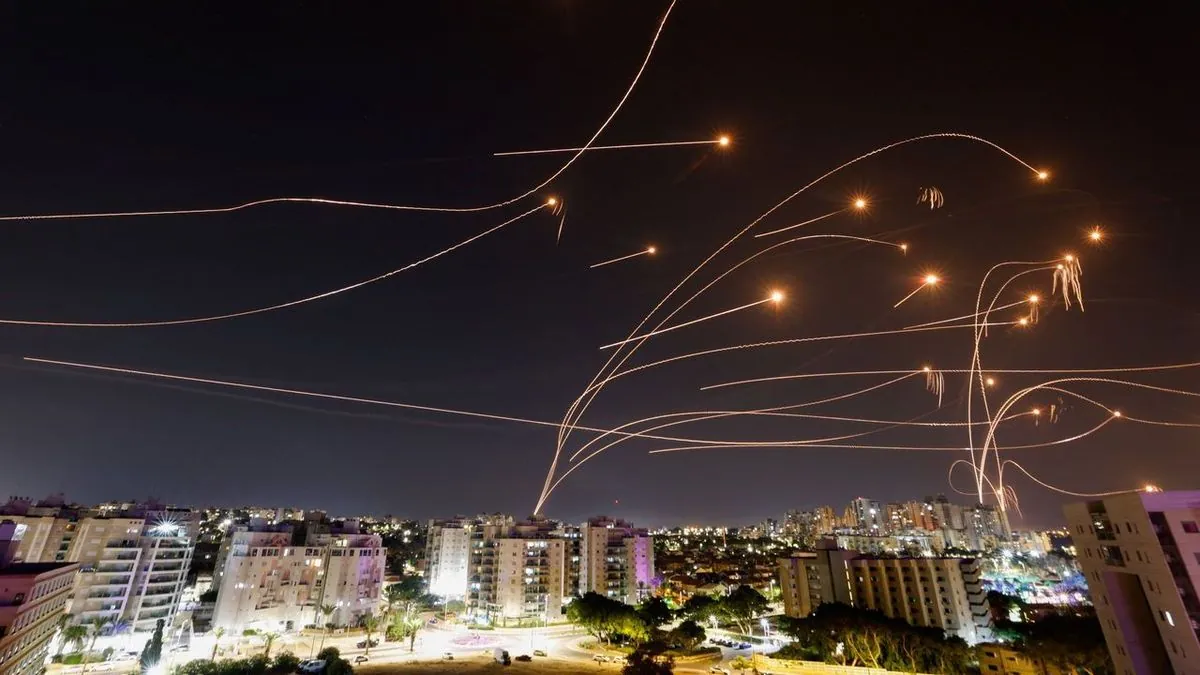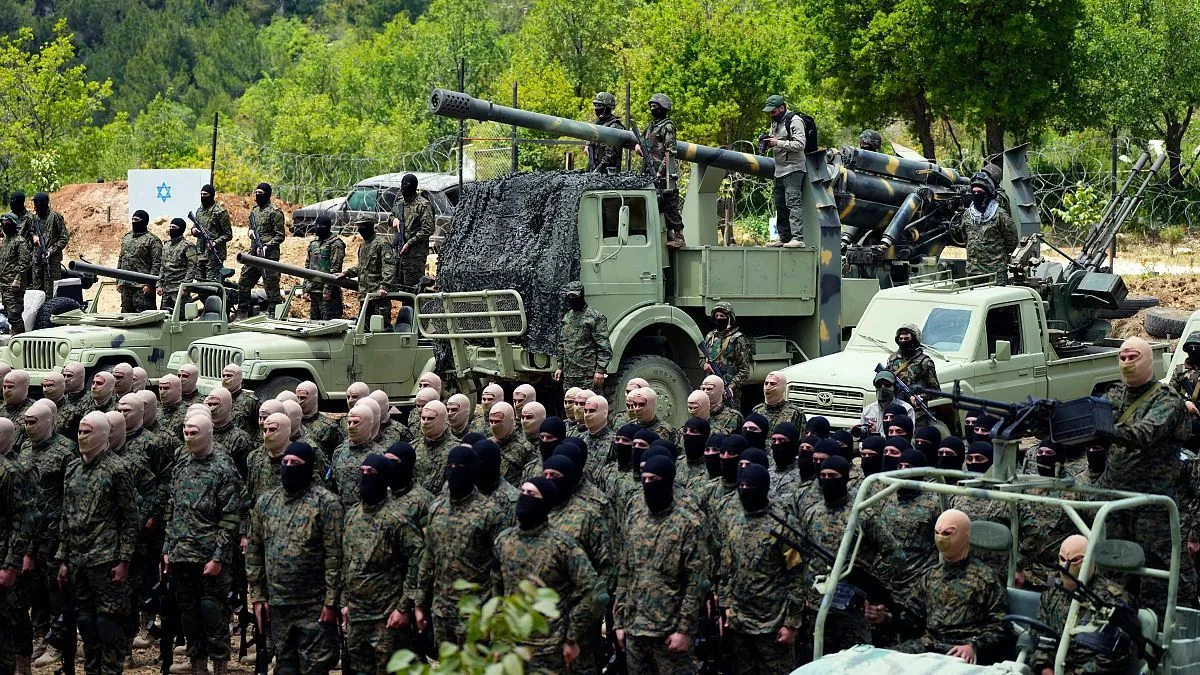Israel Strikes Lebanon in Response to Alleged Hezbollah Threat
Israeli military launches strikes in Lebanon, citing potential rocket attacks by Hezbollah. The IDF claims preemptive action against the Iranian-backed group, escalating regional tensions.

Approximately one year ago, Israeli military forces conducted strikes in Lebanon, responding to what they perceived as an imminent threat from Hezbollah. The Israel Defence Forces (IDF) stated that the action was taken after identifying preparations by the Iranian-backed organization to launch missiles and rockets towards Israeli territory.
The IDF released a statement early the following day, explaining their rationale for the strikes:
"The IDF identified the Hezbollah terrorist organization preparing to fire missiles and rockets toward Israeli territory. In response to these threats, the IDF is striking terror targets in Lebanon."
This incident highlights the ongoing tensions between Israel and Hezbollah, an organization founded in 1982 during the Lebanese Civil War. Hezbollah has been a significant player in regional conflicts, notably engaging in multiple confrontations with Israel, including the 2006 Lebanon War.
The group's military capabilities, which include a substantial arsenal of rockets and missiles, have been a constant concern for Israeli security forces. Hezbollah's strong presence in southern Lebanon, near the Israeli border, further amplifies these concerns.

Hezbollah's influence extends beyond military matters. The organization holds seats in Lebanon's parliament and operates a network of social services, including schools and hospitals. This dual role as both a military and political entity complicates the regional dynamics.
The organization's ties to Iran, which provides financial and military support, add another layer of complexity to the situation. Hezbollah's involvement in the Syrian Civil War, supporting the government of Bashar al-Assad, has further entrenched its position as a regional power broker.
At the time of the strikes, Hezbollah did not immediately comment on the situation. The organization's leader, Hassan Nasrallah, who has been in power since 1992, often communicates through the group's media outlets, including Al-Manar TV.
This incident underscores the volatile nature of the region and the potential for rapid escalation. The international community continues to grapple with the challenge of addressing Hezbollah's activities, with several countries, including the United States, designating it as a terrorist organization.
As tensions persist, the situation remains fluid, with both sides closely monitoring each other's movements and maintaining a state of heightened alertness.


































